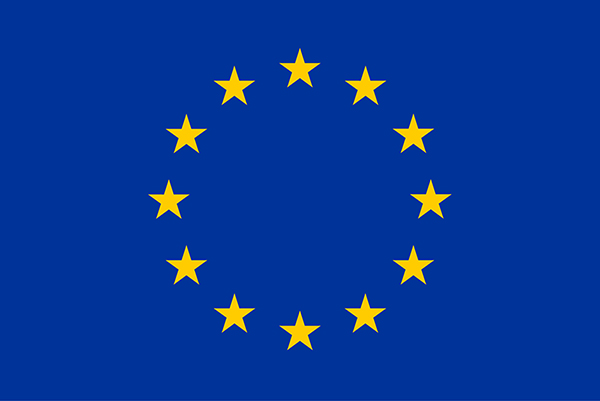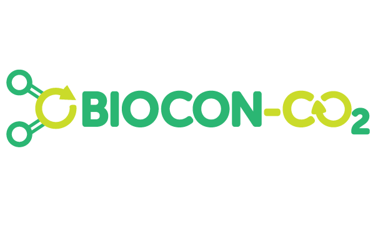BIOCON-CO2
BIOCON-CO2
BIOtechnological processes based on microbial platforms for the CONversion of CO2 from iron&steel industry into commodities for chemicals and plastics
The main objective of BIOCON-CO2 is to develop and validate in industrially relevant environment a flexible platform to biologically transform CO2 into added-value chemicals and plastics. The versatility and flexibility of the platform, based on 3 main stages (CO2 solubilization, bioprocess and downstream) will be proved by developing several technologies and strategies for each stage that will be combined as puzzle pieces.
BIOCON-CO2 will develop 4 MCFs based on low-energy biotechnological processes using CO2 from iron&steel industry as a direct feedstock to produce 4 commodities with application in chemicals and plastics sectors using 3 different biological systems: anaerobic microorganisms (C3-C6 alcohols by Clostridia), aerobic microorganisms (3-hydroxypropionic acid by Acetobacter) and enzymes (formic acid by recombinant resting E. coli cells and lactic acid by multi-enzymatic system).
The technologic, socio-economic and environmental feasibility of the processes will be assessed to ensure their future industrial implementation, replicability and transfer to other CO2 sources, such as gas streams from cement and electricity generation industries. BIOCON-CO2 will overcome the current challenges of the industrial scale implementation of the biotechnologies routes for CO2 reuse by developing engineered enzymes, immobilization in nanomaterials, genetic and metabolic approaches, strain acclimatization, engineered carbonic anhydrases, pressurized fermentation, trickle bed reactor using advanced materials and electrofermentation.
The project aims to capture at least 4% of the total market share at medium term (1.4Mtonnes CO2/year) and 10% at long term (3.5Mtonnes CO2/year) contributing to reduce EU dependency from fuel oils and support the EU leadership in CO2 reuse technologies. Policy recommendations and public perception and acceptance will be explored and a commercialization strategy will be executed by a detailed exploitation plan and technology transfer.
Project Budget: 6’999’886 €
LEITAT Budget: 803’136 €
Financial Framework: Horizon 2020
Contract number: 761042
Start Date: 01/01/2018
End Date: 31/12/2021
Partners:

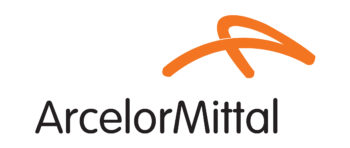


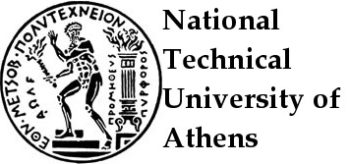
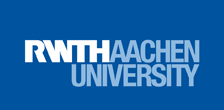

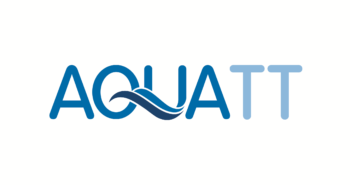
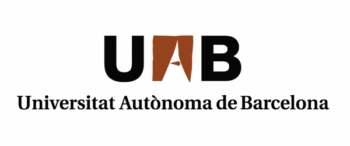
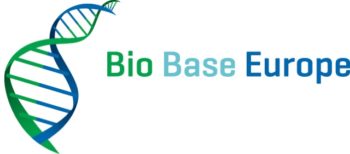

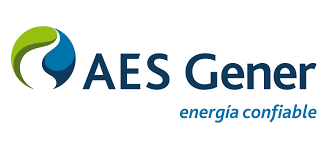
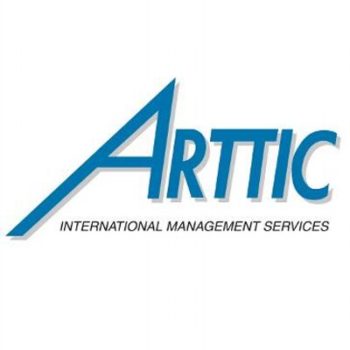

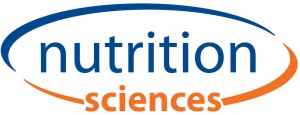
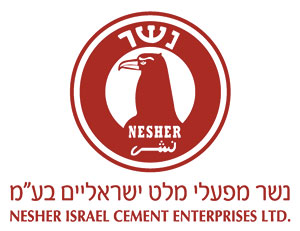


Contact Manager: L. Garcia
